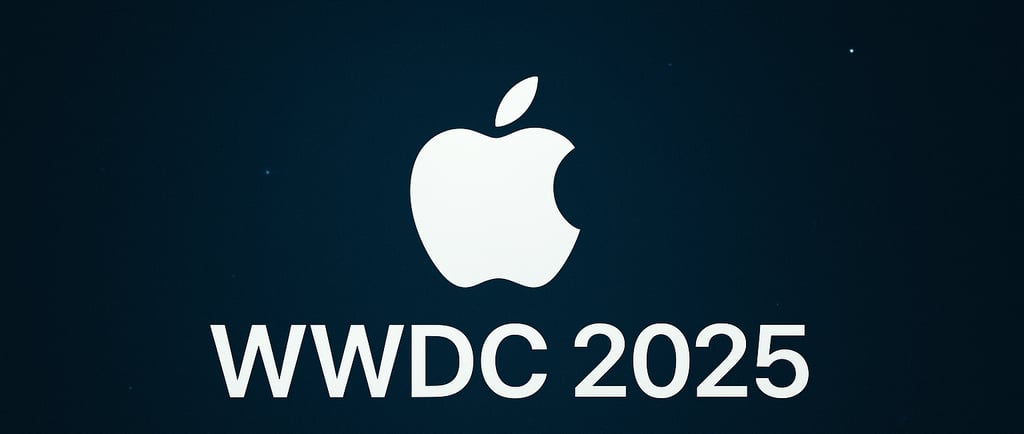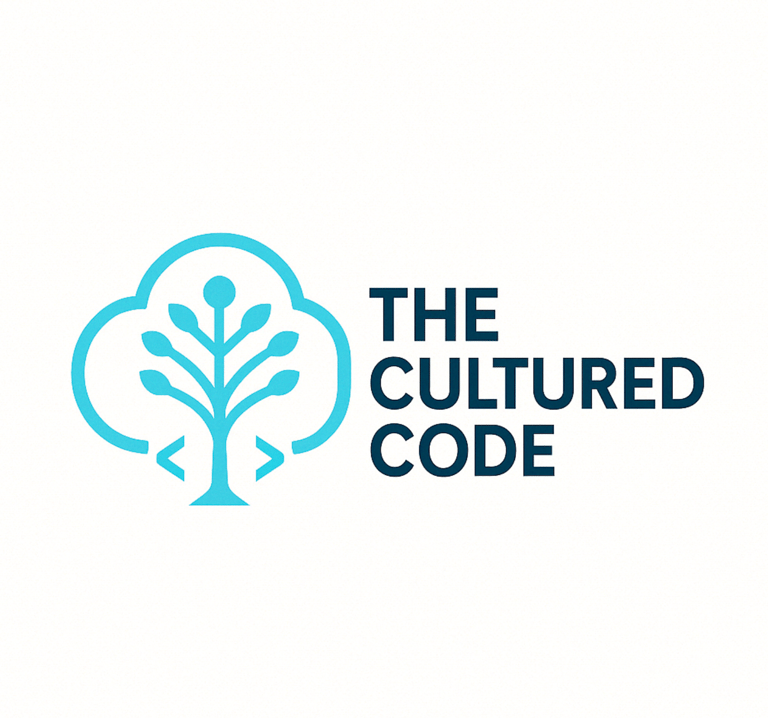What Apple Didn’t Say: The Human Cost of AI Convenience
Apple Intelligence promises seamless automation—but at what cost? Discover what Apple didn’t say at WWDC 2025 and how it affects your business, privacy, and future with AI.
Thomas Gerritsen
5/29/20252 min read


What Apple Won’t Say at WWDC: The Human Cost of AI Convenience
“Every advancement in convenience has an unseen cost. The wise don’t just ask what technology does—they ask what it undoes.”
Apple’s WWDC 2025 is just around the corner. If the rumours are even half accurate, we’re about to see Apple lean heavily into AI. Not just apps. Not just features. They’re expected to launch a fully integrated, system-wide intelligence layer—“Apple Intelligence.”
Early leaks suggest it will rewrite your messages, summarise your files, generate content in your voice, and turn Siri into something actually useful. But while tech outlets focus on how clever it all sounds, few are asking the harder question: what are we trading in return?
What happens when your phone knows what you’re about to say before you do—and responds faster than you can think?
The Illusion of On-Device Safety
Apple is already laying the groundwork with terms like “Private Cloud Compute” and “on-device processing.” It’s a message crafted for trust. You stay in control. You own your data. But look closer.
When one company owns the device, the OS, the AI engine, the cloud, and the user interface, it’s not just privacy. It’s a pipeline. One designed to remove friction. And when friction disappears, so does awareness.
Technology that removes all barriers also removes the need to think twice.
That’s where risk enters—quietly, efficiently, invisibly.
What It Means for Real People
The founders and consultants I speak with across Northern Ireland and the UK aren’t worried about new tech—they’re worried about losing touch. They don’t want to automate their voice out of the conversation. They don’t want to reduce every interaction to a prediction.
They want systems that enhance their presence, not erase it.
And that starts by recognising the difference between what’s helpful and what’s hollow.
When your tools start anticipating, replying, and even feeling for you—you’re no longer working. You’re being worked through.
The Cultured Code Approach
At The Cultured Code, we work with those who want to remain present. We design systems that are intelligent, yes—but also clear, contextual, and human. We believe you shouldn’t have to give up control just to stay competitive.
There’s a reason we build private AI stacks and open integrations. Because the further tech scales, the more important it becomes to own your inputs—and your decisions.
Three Questions to Ask Before Adopting Any “Smart” System
Does this make me more present—or more passive? If the tool automates your response, do you still stand behind it?
Do I know where the data goes? On-device claims are fine, but most smart assistants still sync with cloud services you don’t control.
Would I be proud if this were part of my business process? If not, don’t let it silently become one.
Final Thought
The most powerful companies in the world are now racing to build the most invisible technology they can. AI that feels like magic. Assistants that don’t feel like tools—they feel like parts of you.
That’s not the future of tech. That’s the start of forgetting where the line is.
Don’t lose yourself in systems that remember too much and ask too little of you.
The future doesn’t belong to those who adopt the fastest. It belongs to those who adapt with clarity.
Need to Talk This Through?
Book a 15-minute clarity call: https://calendar.app.google/vtNoc2oz8iEviGCJA
Or email: contact@theculturedcode.com
Let’s build tools that reflect who you are—not who the system wants you to become.
